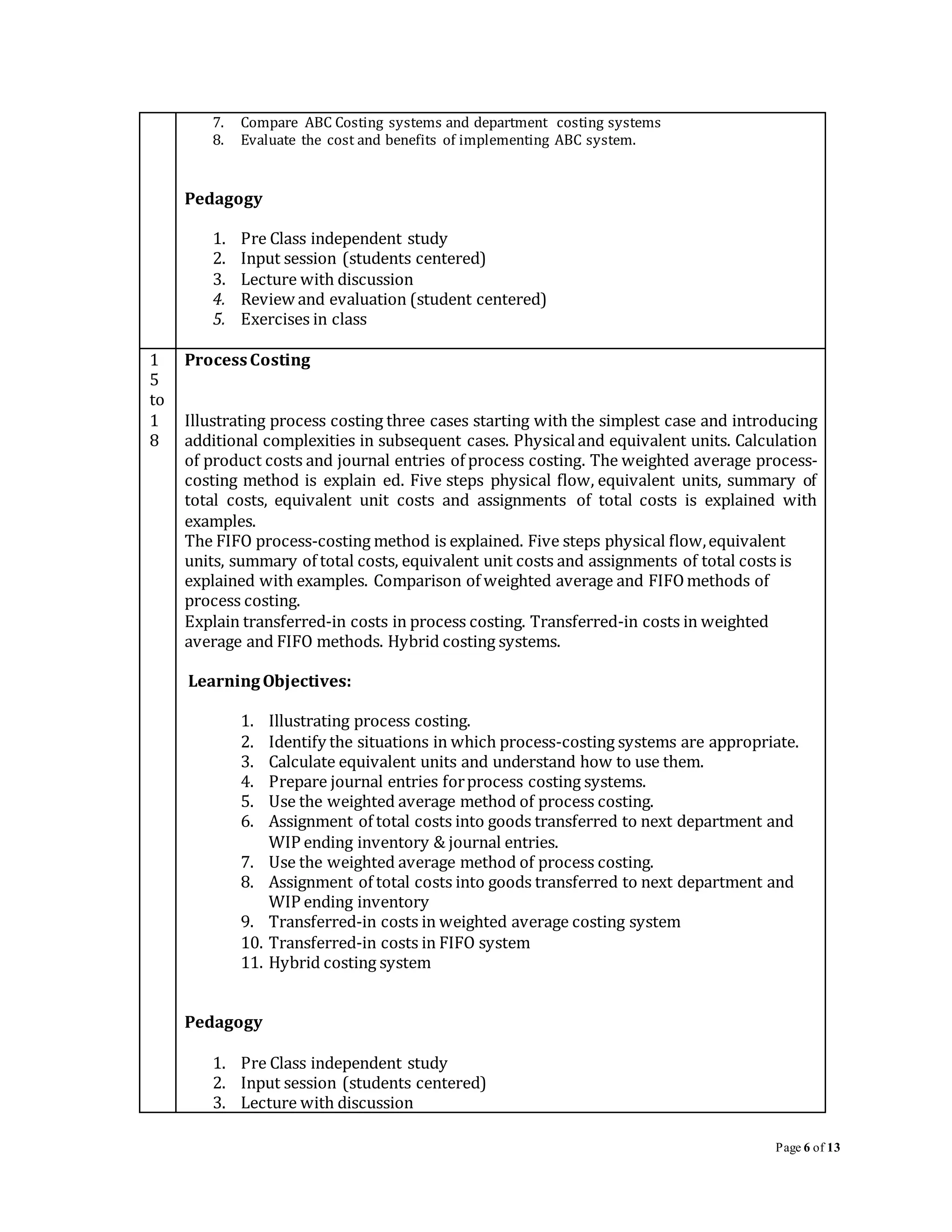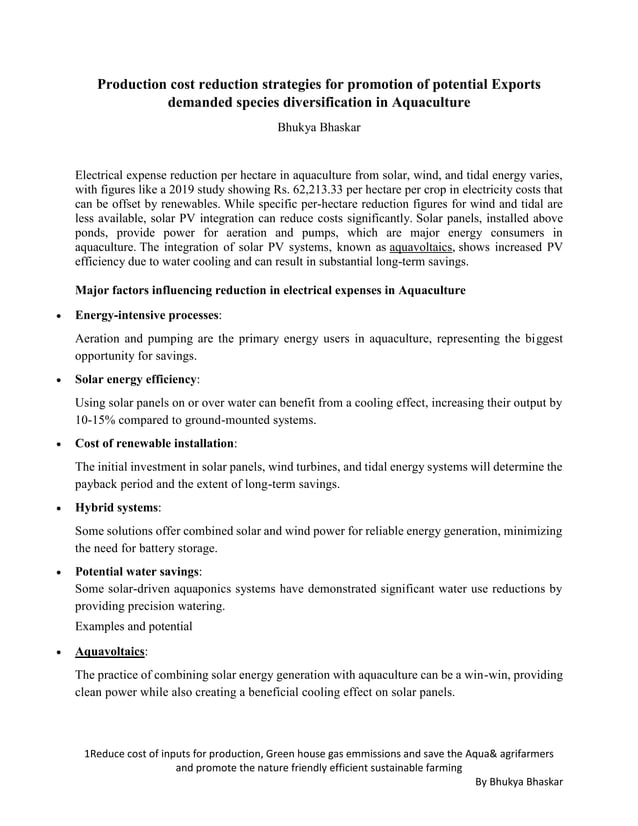The Ultimate Guide to Understanding U-Haul Trailer Rental Costs (2024)
Moving can be a stressful and expensive endeavor. When planning a move, one of the most important decisions is choosing the right moving equipment. U-Haul is a popular choice for many, offering a variety of trailers to suit different needs and budgets. But understanding the true cost of renting a U-Haul trailer can be tricky. This comprehensive guide will break down all the factors that influence the final price, helping you make an informed decision and avoid unexpected expenses.
Okay, here's a comprehensive guide on U-Haul trailer rental costs, designed for clarity, depth, and SEO effectiveness.
We aim to equip you with all the necessary knowledge to confidently navigate U-Haul trailer rentals, ensuring a smooth and budget-friendly moving experience. From understanding the base rental fees to factoring in insurance and hidden costs, we've got you covered.
Why Choose a U-Haul Trailer?
U-Haul trailers offer several advantages over other moving options, such as hiring a full-service moving company or using a moving truck.
-
Cost-Effectiveness: Generally, renting a U-Haul trailer is more affordable than hiring professional movers, especially for local moves or smaller loads.

Flexibility: You have complete control over your moving schedule and route.
-
Variety of Sizes: U-Haul offers a range of trailer sizes, allowing you to choose one that perfectly fits your needs, avoiding paying for unused space.
-
Easy to Tow: Most U-Haul trailers are designed to be towed by standard vehicles, eliminating the need to rent a large truck.

However, it's crucial to understand all the costs involved before making a decision.

Decoding the Base Rental Fee
The base rental fee is the initial cost you see advertised for a U-Haul trailer. However, this is just the starting point. Several factors influence this base rate:
-
Trailer Size: Smaller trailers, like the 4x8 cargo trailer, will have a lower base rate than larger trailers, such as the 6x12 cargo trailer or the auto transport.
-
Rental Duration: The longer you rent the trailer, the higher the base fee will be. U-Haul typically offers daily rates for local moves and per-mile rates for one-way moves.
-
Location: Rental rates can vary depending on the location of the U-Haul dealer. Metropolitan areas or locations with high demand may have higher rates.
-
Time of Year: Peak moving seasons, such as summer and the end of the month, often see higher rental rates due to increased demand.
-
Local vs. One-Way Rental: Local rentals, where you pick up and return the trailer to the same location, typically have a flat daily rate. One-way rentals, where you drop off the trailer at a different location, usually involve a per-mile charge in addition to the base fee.
Understanding Mileage Costs: One-Way Rentals
For one-way rentals, mileage costs can significantly impact the total price. U-Haul calculates mileage based on the distance between your pickup and drop-off locations.
-
Per-Mile Rate: The per-mile rate can vary depending on the trailer size, the distance of the move, and the demand for trailers in your area.
-
Calculating Mileage: U-Haul uses its own calculation for mileage, which may differ slightly from online mapping tools. Be sure to confirm the exact mileage with the U-Haul representative.
-
Hidden Mileage Costs: Be aware of potential extra mileage charges if you deviate from the planned route or make unplanned stops.
Insurance Options and Their Impact on Cost
U-Haul offers several insurance options to protect you and the trailer during your move. While these options add to the overall cost, they can provide valuable peace of mind.
-
Safemove: This is the most comprehensive coverage option, covering damage to the trailer, cargo protection, and medical/life coverage for you and your passengers. It also includes coverage for accidental damage, even if you are at fault.
-
Safetow: This covers damage to the U-Haul trailer itself but does not include cargo protection or medical coverage. It's a more affordable option if you are primarily concerned about damage to the trailer.
-
Supplemental Liability Insurance (SLI): This provides additional liability coverage in case you are at fault in an accident that causes damage or injury to others.
-
Declining Coverage: You can decline all insurance coverage, but you will be responsible for any damage to the trailer, cargo, or injuries to others if an accident occurs.
Pro tips from us: Carefully consider your risk tolerance and the value of your belongings when deciding on insurance coverage. Safemove offers the most comprehensive protection, while Safetow is a more budget-friendly option.
Hidden Costs to Watch Out For
Beyond the base rental fee, mileage, and insurance, several hidden costs can add to the total expense.
-
Environmental Fees: U-Haul may charge environmental fees to cover the cost of disposing of fluids and other materials.
-
Taxes: Sales tax will be added to the total rental cost.
-
Late Fees: Returning the trailer late can result in hefty late fees. Be sure to confirm the return time and plan accordingly.
-
Cleaning Fees: If the trailer is returned excessively dirty, U-Haul may charge a cleaning fee.
-
Equipment Rental: You may need to rent additional equipment, such as furniture pads, appliance dollies, or tie-down straps, which will add to the overall cost.
-
Fuel Costs: For one-way rentals, you are responsible for the cost of fuel. Towing a trailer can significantly reduce your vehicle's fuel efficiency, so factor this into your budget.
Common mistakes to avoid are: Not reading the rental agreement carefully, underestimating the distance of your move, and failing to reserve the trailer in advance.
Real-World Examples of U-Haul Trailer Rental Costs
To illustrate the different factors that influence U-Haul trailer rental costs, let's look at a few real-world examples.
-
Example 1: Local Move (4x8 Cargo Trailer)
- Rental Duration: 1 day
- Base Rate: $29.95
- Insurance (Safetow): $8.00
- Taxes: $2.50
- Total Cost: $40.45
-
Example 2: One-Way Move (6x12 Cargo Trailer)
- Distance: 500 miles
- Base Rate: $199.00
- Mileage Charge: $0.69 per mile x 500 miles = $345.00
- Insurance (Safemove): $48.00
- Taxes: $40.00
- Total Cost: $632.00
-
Example 3: Auto Transport Trailer
- Distance: 1000 miles
- Base Rate: $299.00
- Mileage Charge: $0.89 per mile x 1000 miles = $890.00
- Insurance (Safemove): $75.00
- Taxes: $70.00
- Total Cost: $1334.00
Tips for Saving Money on U-Haul Trailer Rentals
Moving can be expensive, but there are ways to reduce the cost of renting a U-Haul trailer.
-
Rent During Off-Peak Seasons: Avoid moving during the summer months or at the end of the month when demand is high.
-
Book in Advance: Reserving your trailer in advance can help you secure a lower rate and ensure availability.
-
Compare Prices: Check prices at multiple U-Haul locations to find the best deal.
-
Choose the Right Size Trailer: Avoid renting a trailer that is too large for your needs.
-
Pack Efficiently: Proper packing can help you fit more items into the trailer, reducing the number of trips you need to make.
-
Consider Alternative Options: Explore other moving options, such as renting a pickup truck or using a portable storage container, to see if they are more cost-effective.
-
Decline Unnecessary Insurance: If you have adequate insurance coverage through your auto or homeowner's policy, you may not need to purchase additional insurance from U-Haul. However, always review your existing policies to ensure they cover trailer rentals.
-
Return the Trailer on Time: Avoid late fees by returning the trailer on time.
-
Clean the Trailer: Avoid cleaning fees by returning the trailer in a clean condition.
Preparing Your Vehicle for Towing
Before you can tow a U-Haul trailer, you need to ensure that your vehicle is properly equipped and capable of handling the load.
-
Check Your Vehicle's Towing Capacity: Consult your vehicle's owner's manual to determine its maximum towing capacity. Do not exceed this limit.
-
Install a Tow Hitch: You will need a properly installed tow hitch that is compatible with the U-Haul trailer. U-Haul can install a tow hitch for you if needed.
-
Inspect Your Vehicle: Check your tires, brakes, lights, and other essential components to ensure they are in good working condition.
-
Distribute Weight Evenly: When loading the trailer, distribute the weight evenly to prevent swaying and ensure stability.
-
Practice Towing: Before embarking on your move, practice towing the trailer in a safe area to get a feel for how it handles.
Alternatives to U-Haul Trailers
While U-Haul trailers are a popular choice, several alternative options are available.
-
Moving Trucks: Renting a moving truck, such as those offered by U-Haul, Penske, or Budget, may be a better option for larger moves or if you prefer not to tow a trailer.
-
Portable Storage Containers: Companies like PODS and U-Pack offer portable storage containers that can be delivered to your home, loaded at your convenience, and then transported to your new location.
-
Full-Service Moving Companies: Hiring a full-service moving company is the most convenient option, but it is also the most expensive.
-
DIY Moving with Friends: Enlist the help of friends and family to load and unload your belongings. This can be a cost-effective option, but it requires careful planning and coordination.
Conclusion: Making an Informed Decision
Renting a U-Haul trailer can be a cost-effective and convenient way to move your belongings. However, it's essential to understand all the costs involved and plan accordingly. By considering the base rental fee, mileage charges, insurance options, and potential hidden costs, you can make an informed decision and avoid unexpected expenses. Remember to book in advance, compare prices, and choose the right size trailer for your needs.
By following the tips and advice in this guide, you can navigate the U-Haul trailer rental process with confidence and ensure a smooth and budget-friendly moving experience.
Remember to prioritize safety by ensuring your vehicle is properly equipped for towing and practicing towing before your move. Good luck with your move!
Internal Linking:
- Consider linking to a blog post about "Best Times of the Year to Move" or "How to Pack a Moving Truck Like a Pro".
External Linking:
- Link to the official U-Haul website: https://www.uhaul.com/ to allow users to do further research on their own.